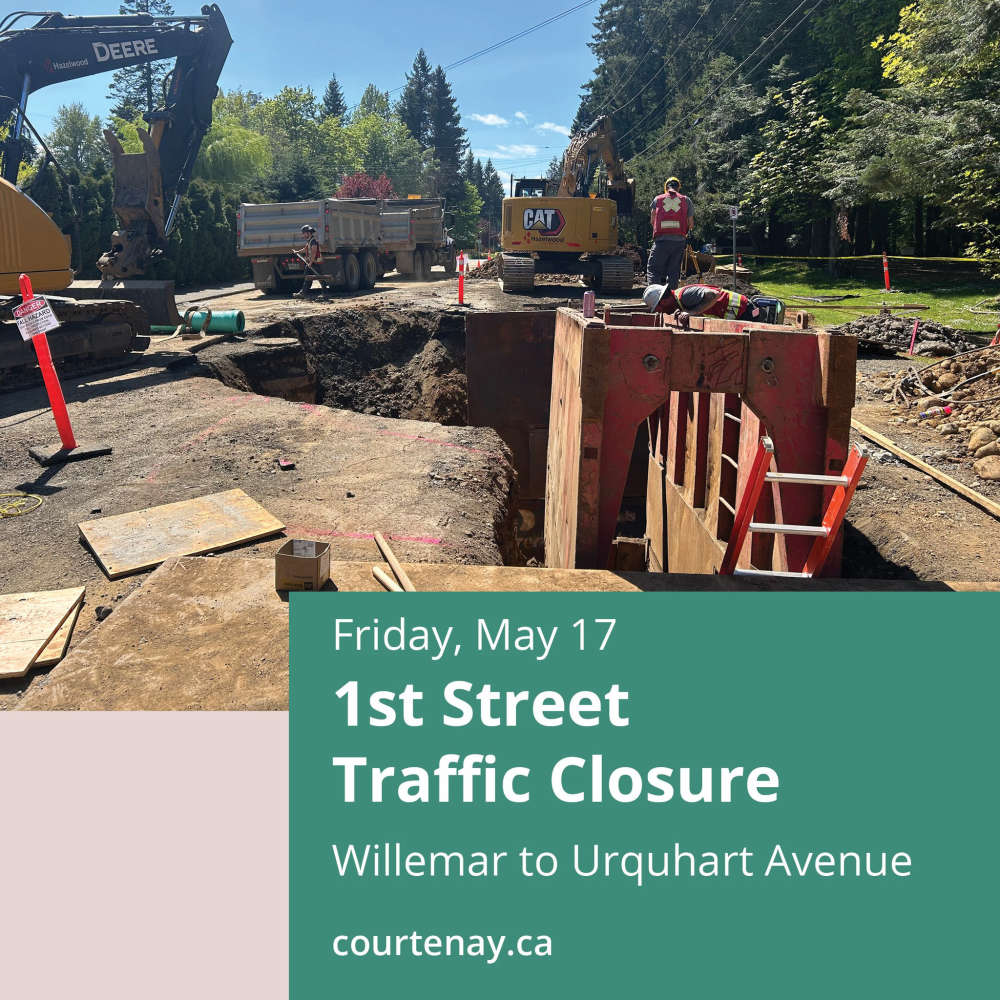
The NDP government’s final budget before the fall election, as expected, is focusing on housing, health, and affordability.
Finance Minister Katrine Conroy says in the face of global challenges, like inflation and high interest rates, the government is “taking on big challenges and supporting people to build a good life in B.C.”
Budget 2024 includes $13 billion more in operating funding over three years to support today’s service needs and new priorities. Projected deficits should decline over the fiscal plan from $7.9 billion in 2024-25 to $6.3 billion in 2026-27, with debt expected to increase, but the government says, remain affordable.
Highlights:
-More than 340,000 families will receive a 25% bonus with their monthly BC Family Benefit Bonus, including an estimated 66,000 families that haven’t received the benefit previously.
-A one-time BC Electricity Affordability Credit is coming for people and businesses; small and growing businesses will also receive help with the impacts of inflation and labour shortages, through a higher Employer Health Tax exemption threshold, doubled from $500,000 to $1 million.
-Starting in 2025 the Province is introducing a property flipping tax to further crack down on speculators and those driving up the cost of housing. There is also an expansion of the First Time Home Buyers Program.
-Budget 2024 also makes investments in health care, including building on the province’s 10-year cancer plan, and increasing the health-care workforce, with supports that will improve the lives of seniors and enable them to live safely in their own homes longer.
-Starting in 2025, people will be able to access one cycle of in-vitro fertilization for free.
-The budget provides a record $43 billion in capital funding for schools, post-secondary facilities, housing, health-care facilities, roads and other infrastructure over the next three years.
There is also new funding to help B.C. mitigate and better respond to climate emergencies by reducing flooding, bolstering resources for evacuees, improving wildfire prevention and response, and improving drought resiliency.
B.C. continues its work through CleanBC to transition to a low-carbon economy, providing more rebates on heat pumps to households with low and middle incomes, and increasing funding for electric-vehicle public charging stations.
It will also further advance the new made-in-B.C. Critical Minerals Strategy in collaboration with First Nations, industry, local governments, and the public, and strengthens resources for mine permitting. The Province is also establishing tools to help support equity financing opportunities for First Nations, including provincial equity loan guarantees and other supports.
The opposition parties are criticizing the budget.
BC United leader Kevin Falcon says the budget racks up the largest deficit in B.C. history, that he says only maintains a status quo.
He says that hasn’t been working, as people continue to struggle to put food on the table every month.
The BC Green Party calls it a smoke and mirrors budget.
For more information on the BC Budget, visit Government of British Columbia.

 Comox Valley RCMP Say Teenager Found Safe, But Seeking 53-Year Old Missing Man
Comox Valley RCMP Say Teenager Found Safe, But Seeking 53-Year Old Missing Man
 Communities To Celebrate Victoria Day This Weekend
Communities To Celebrate Victoria Day This Weekend
 A Lot To Enjoy At The Comox Air Show This Weekend
A Lot To Enjoy At The Comox Air Show This Weekend
 Road Closure On 1st Street In Courtenay Today
Road Closure On 1st Street In Courtenay Today
 Historic Haida Aboriginal Title Legislation Receives Royal Assent
Historic Haida Aboriginal Title Legislation Receives Royal Assent
